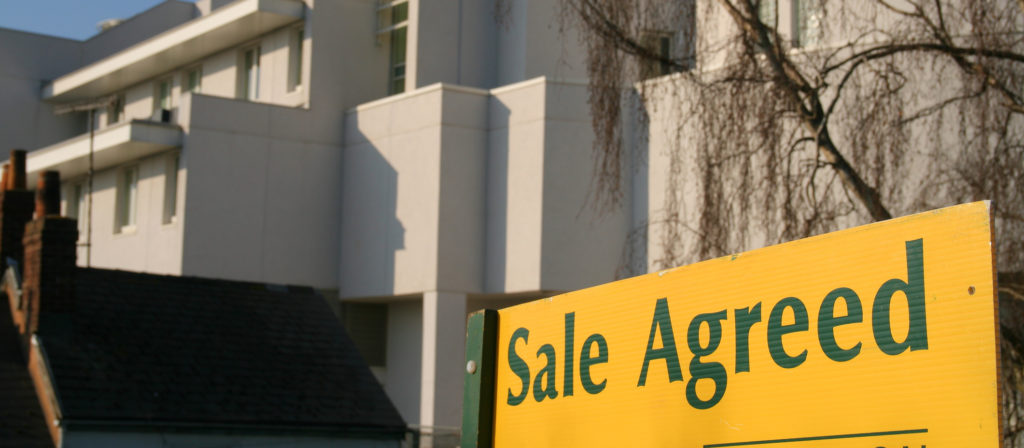
Investing some time at the outset of a transaction and being prepared is fundamental to ensuring that your sale progresses smoothly without unnecessary delay and costs. It will enable your solicitor to hand a comprehensive pack of documents to the buyer’s solicitor, minimising the need for further enquiries to be raised later on in the transaction and the buyers seeking a reduction in the sale price.
These are our top tips for a smooth sale:
- Is the Property registered?
If you are preparing for the sale well in advance and your title is unregistered, you may wish to instruct a solicitor to prepare an application for voluntary first registration with the Land Registry. If the title is registered, it is faster and simpler for a seller’s solicitor to produce the title to the property from the online register. If the property is mortgaged the Bank may hold your deeds.
- Planning Permission and Building Regulation Consents
Collate all relevant planning permission and building regulation consents. Does the Property have planning consent for any works carried out or for the current use? Have all works received final sign off from Building Control? If not, advise your solicitor at the outset. Often more recent planning documentation can be downloaded online however; older permissions may need to be requested from the Council, which can cause delay.
- Electrical and Gas Reports/Certificates
A buyer will expect to see the latest reports and to be satisfied that any works have been done to a proper standard in compliance with the current regulations.
- Asbestos Report
There is no specific obligation on a seller to provide an asbestos report but potential buyers may insist that one is provided, not least because it can be very expensive to remove asbestos. Property owners are under a statutory obligation to identify whether asbestos may be present in a property and manage any asbestos discovered.
- Leases
Is the Property being sold subject to an existing tenancy? If so, make sure you have a copy of the Lease and any subsequent documents, such as rent review memorandums or notices of assignment, to your solicitor.
- VAT
Speak to your accountant as early as possible. If you are registered for VAT, have you elected to charge VAT in respect of the Property, in which case VAT should be charged on the sale price.
- Capital Gains Tax
You will want to ensure that you mitigate any tax payable by, for example, making full use of any reliefs or exemptions that may be applicable. Again, involve your accountant at an early stage to advise you.
- Capital Allowances
The cost of purchasing capital equipment in a business is not a deductible expense for tax purposes. However, tax relief is available on certain capital expenditure in the form of capital allowances. Thought needs to be given at the outset as to whether capital allowances have already been claimed and whether you should continue to receive tax relief following the sale. This is a complex area and again, it is essential to seek advice from your accountant at the very outset. Your solicitor may also wish to liaise with your accountant to determine what provision (if any) needs to be made in the sale contract in relation to this.
- Landlord’s Consent
If you are selling (assigning) a leasehold property you are likely to require the Landlord’s consent in the form of a Licence to Assign. You should ask your solicitor to seek consent from the Landlord’s solicitor as early as possible.
